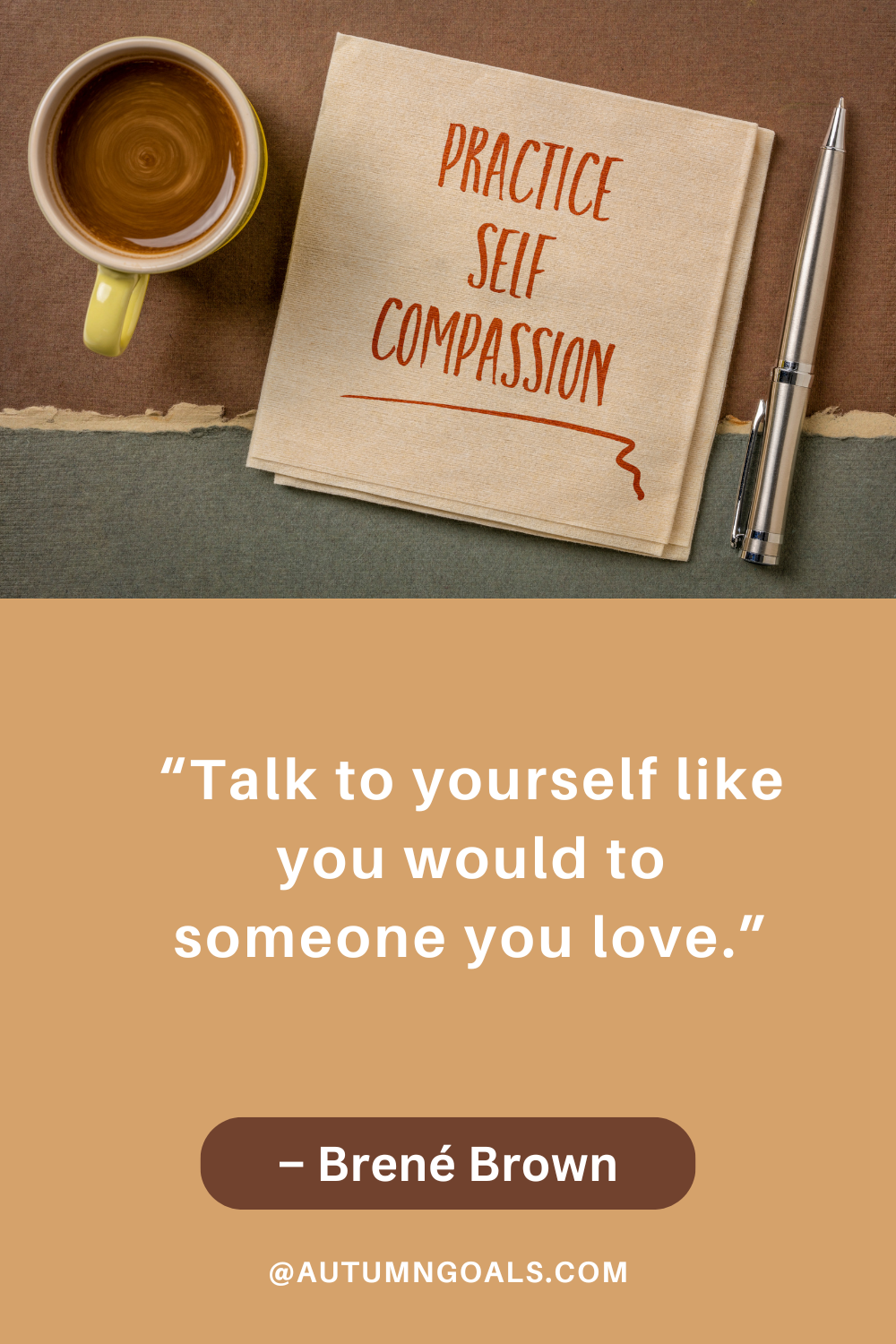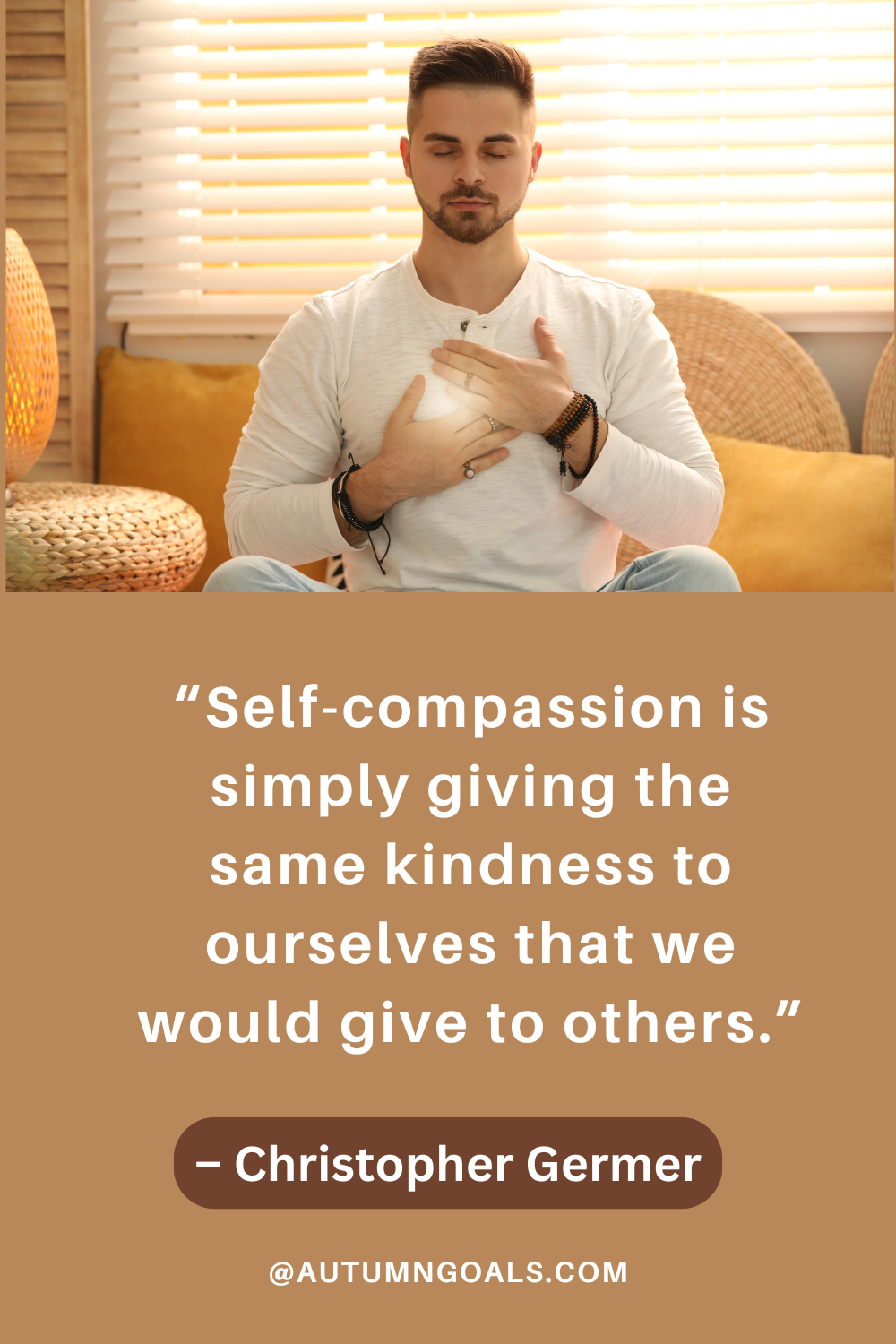
Self-compassion Photo by Giulia Bertelli on Unsplash
In a world that often celebrates relentless self-improvement and perfectionism, the concept of self-compassion might seem counterintuitive. Yet, it is an essential aspect of personal growth and well-being. Self-compassion involves treating yourself with the same kindness, understanding, and forgiveness that you would offer to a close friend. It’s about recognizing your own humanity and giving yourself permission to be imperfect. This blog post explores the importance of self-compassion, how it can transform various aspects of your life, and practical ways to cultivate it.
Understanding Self-Compassion
Before diving into the benefits, it’s crucial to understand what self-compassion truly means. According to Dr. Kristin Neff, a pioneer in self-compassion research, it involves three key components:
- Self-kindness: Being warm and understanding toward ourselves when we suffer, fail, or feel inadequate rather than ignoring our pain or flagellating ourselves with self-criticism.
- Common humanity: Recognizing that suffering and personal inadequacy are part of the shared human experience – something we all go through rather than something that happens to “me” alone.
- Mindfulness: Holding our painful thoughts and feelings in balanced awareness rather than over-identifying with them.
As Neff puts it, “You can’t always control the circumstances of your life, but you can control how you relate to your life.” This perspective is a cornerstone of cultivating a compassionate relationship with oneself.

Self-Compassion in Mental Health
One of the most significant areas where self-compassion can make a difference is in mental health. When we are compassionate towards ourselves, we are better equipped to handle stress, anxiety, and depression. Self-compassion allows us to acknowledge our emotions without judgment and reduces the likelihood of getting stuck in a cycle of negative thinking.
Overcoming Anxiety
Imagine Jane, who struggles with social anxiety, for example. Whenever she makes a mistake in a social setting, she berates herself harshly, which only increases her anxiety. By practicing self-compassion, Jane learns to treat herself with kindness. Instead of thinking, “I’m so stupid for saying that” she tells herself, “It’s okay to make mistakes; everyone does. This doesn’t define my worth.” Over time, this shift in mindset helps Jane manage her anxiety more effectively, fostering a healthier mental state.

Self-Compassion and Personal Growth
Personal growth is often seen as a journey towards becoming better versions of ourselves. However, this journey can be fraught with setbacks and failures. Self-compassion plays a vital role in how we navigate these challenges.
Learning from Failure
Consider Tom, who is trying to start his own business, for example. His first venture fails, leading to significant financial loss and emotional turmoil. Without self-compassion, Tom might view this failure as a personal deficiency, leading to self-doubt and reluctance to try again. With self-compassion, however, he can frame this experience as a learning opportunity. He might say to himself, “This is tough, but it’s part of the process. What can I learn from this to improve next time?” This compassionate approach encourages resilience and continuous growth.

Self-Compassion in Relationships
Self-compassion not only improves our relationship with ourselves but also positively impacts our relationships with others. When we are kinder to ourselves, we are more likely to extend that kindness to those around us.
Improving Communication
Consider this example – Sarah often finds herself in arguments with her partner because she takes criticism personally. By practicing self-compassion, she begins to understand her own triggers and responses better. Instead of reacting defensively, she can acknowledge her feelings and communicate more openly. For instance, she might say, “I feel hurt when you say that, but I understand you’re not trying to upset me. Let’s talk about how we can address this.” This compassionate approach fosters healthier, more empathetic communication.

Self-Compassion in Professional Life
In the workplace, self-compassion can enhance productivity and job satisfaction. It allows individuals to handle setbacks gracefully and maintain a balanced perspective on their work and achievements.
Managing Work Stress
Consider this scenario – David, a project manager, is overwhelmed with tight deadlines and high expectations. He tends to be self-critical whenever he falls short of his goals, which adds to his stress. By adopting a self-compassionate mindset, David can acknowledge the pressures he faces and treat himself with understanding. He might think, “I’m doing my best under challenging circumstances. It’s okay to take a break and recharge.” This mindset not only reduces his stress but also improves his overall performance and job satisfaction.
Personal note – this is really an area that I struggle with… I often have to tell myself “I work with a computer but I am not a computer. I am really doing the best that I can”.
Practical Strategies to Cultivate Self-Compassion
While understanding the importance of self-compassion is a crucial first step, cultivating it requires consistent practice. Here are some practical strategies to help you develop a more compassionate relationship with yourself:
- Practice Mindfulness
Mindfulness involves being present in the moment and observing your thoughts and feelings without judgment. This practice can help you become more aware of your inner dialogue and recognize when you are being self-critical. If we can recognize when we are thinking negatively and starting to spiral, we can make a change to our thoughts.
- Self-Compassionate Journaling
Writing down your thoughts and experiences can be a powerful tool for self-compassion. Try to reflect on moments of struggle and respond to yourself with kindness and understanding in your journal. Sometimes in the heat of the moment, it may be difficult to immediately adjust our thinking, but taking time to do this by focussing on our thoughts and feelings in a calm way, can help us recognize and therefore change our negative or self-critical thoughts.
- Self-Compassion Breaks
Take regular breaks during your day to practice self-compassion. Pause, take a few deep breaths, and remind yourself that you deserve kindness and understanding, especially during stressful times. I find that taking even a 5-minute walk away from the stressful environment – and some encouraging thinking helps.
- Guided Meditations
There are many guided meditations available that focus on self-compassion. These can help you develop a compassionate mindset and integrate self-compassion into your daily life.
- Self-Compassionate Self-Talk
Pay attention to your inner dialogue and challenge negative self-talk. Replace harsh, self-critical thoughts with kind and supportive statements. Remember, you would never say such awful things to anyone else – so why say them to yourself?

Self-compassion is a Powerful Tool for Personal Growth and Well-being
By treating ourselves with kindness, understanding, and forgiveness, we can navigate life’s challenges with greater resilience and grace. Whether it’s improving our mental health, fostering personal growth, enhancing relationships, or boosting professional success, self-compassion plays a crucial role in our overall happiness and fulfilment.
Remember, self-compassion is not about self-indulgence or making excuses. It’s about acknowledging our humanity, embracing our imperfections, and committing to a path of growth and self-love. As you embark on this journey, keep in mind the words of Buddha: “You yourself, as much as anybody in the entire universe, deserve your love and affection.” Cultivate self-compassion and watch how it transforms your life for the better.

RELATED POSTS
View all



